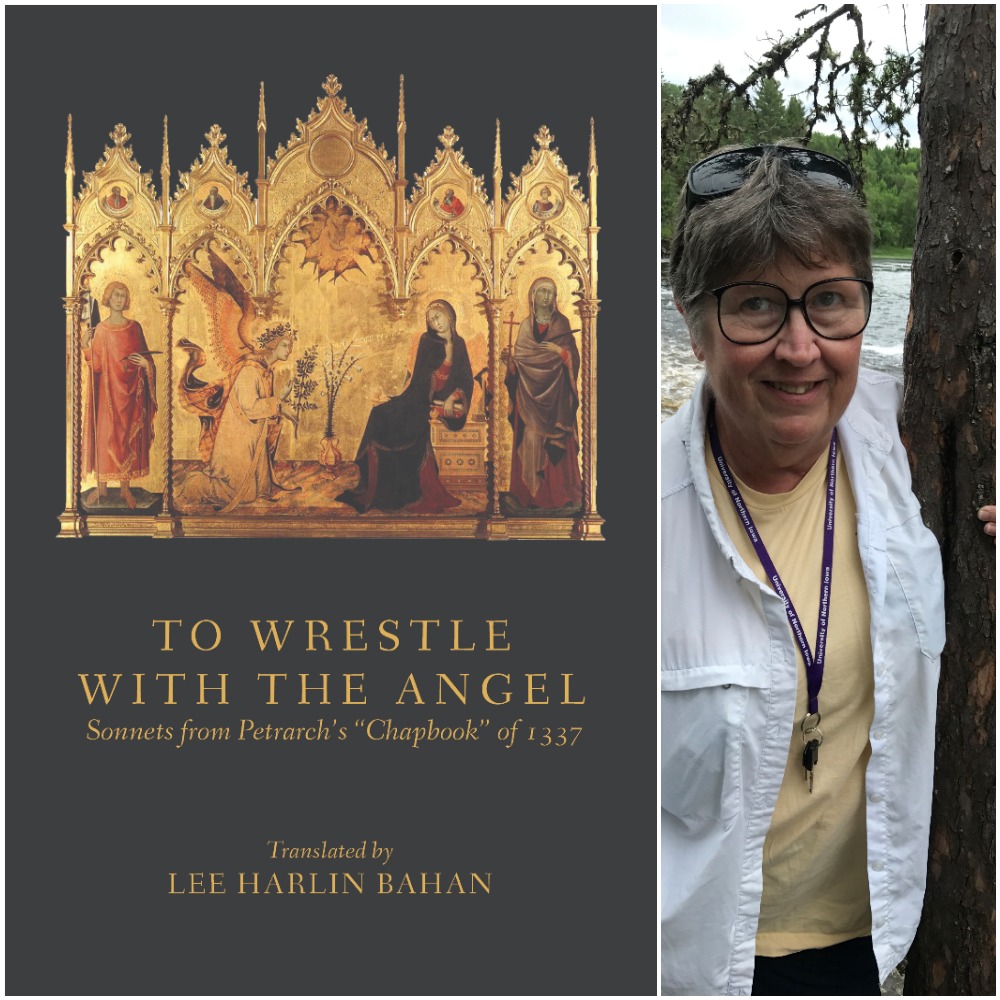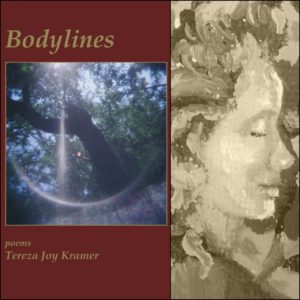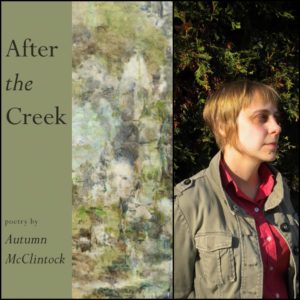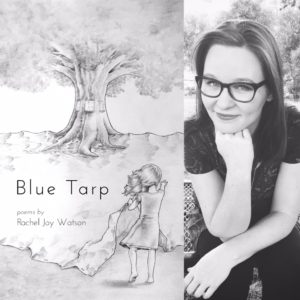For more than a century Petrarch translators imported antiquated language and Victorian claptrap about courtly love into their work; their misreadings walled off generations of readers from the verve and vibrance of Petrarch’s legendary poetry. Lee Harlin Bahan bulldozes her way through the clutter of the past to offer fresh versions that remain substantially faithful to the poems’ meaning and form while at the same time infusing them with contemporary vocabulary and imagery that make us read Petrarch in startling new ways.
–A.M. Juster, author of Longing for Laura
Thanks to translator Lee Harlin Bahan, fourteenth-century poet Francesco Petrarca now has a chapbook added to his crown of laurels. In these sonnets, rendered collectively into English verse for the first time, we find a speaker who, like the Jacob of Genesis, wrestles with an angel, but she’s the angel of unrequited love, his “Laura,” who continually changes her shape—transmuting into muse, captor, idol, god, monster, savior, and arbiter of fate. Looking into her face, he sees Daphne, Narcissus, Medusa, and, ultimately, like the artist Pygmalion, his own creation. Readers will be blessed by the adept twists and turns of Bahan’s lines, her remarkable fusion of imagery from the Bible and classical mythology, and her vivid depiction of the yearning within the poet as he grapples with his Protean muse.
–Shari Wagner, Indiana Poet Laureate 2016-2017, author of The Harmonist at Nightfall
Like the restorer of a Renaissance art work, Lee Harlin Bahan offers contemporary readers of English a vigorous new look at something we thought we knew: Petrarch’s very early sonnets. The new translations in To Wrestle with the Angel, like paintings cleaned of candle soot and old varnish, pop with color in ways that will surprise readers used to the old romantic and scholarly glazes. Without intruding on the poems themselves, Bahan highlights those bits of the New Learning, and the old, that were sparking in Petrarch’s young mind. This is the truest work that a translator of old poems can do: to enable us to get inside the poet’s head as deeply as we can, and to see his work with eyes as fresh as the poet’s own.
–Maryann Corbett, co-winner of the 2009 Willis Barnstone Translation Prize






Reviews
There are no reviews yet.